NHC: Hurricane and Tropical Storm Watch – NADA!
Our very active hurricane season comes to a close, hopefully, and this year, no news is definitely good news!
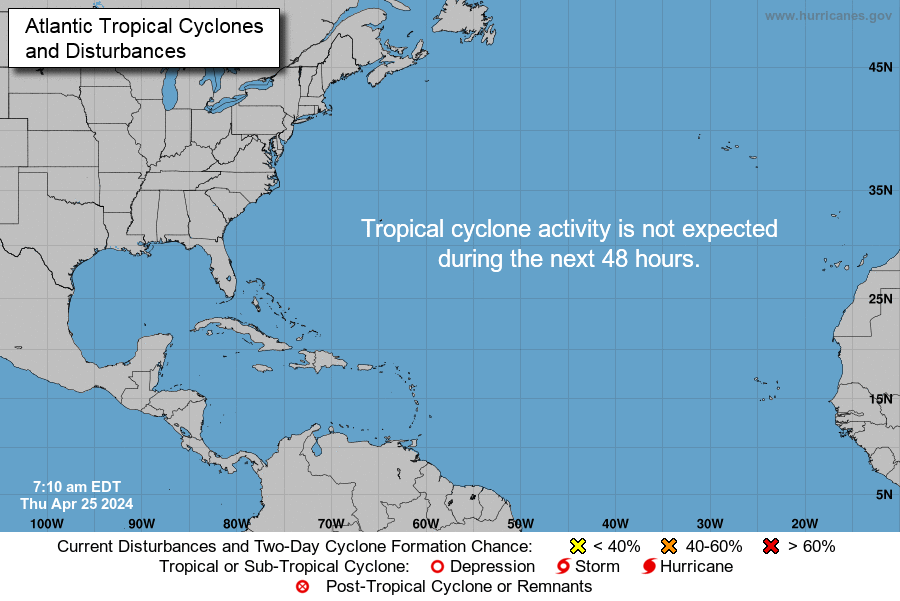 |
The 2020 hurricane season just became the most active in history with Theta
SunSentinel
Our very active hurricane season comes to a close, hopefully, and this year, no news is definitely good news!
 |
The 2020 hurricane season just became the most active in history with Theta
SunSentinel
In pursuit of some clarification regarding Georgia’s new anchoring restrictions in commercial shellfish areas, Ted Arisaka of Save Georgia’s Anchorages wrote this letter to the USACE. Thank you for sharing Ted,
Dear Sir / Madam: I am a recreational boater who enjoys the coastal waters of our East Coast and in particular, the coastal waters of Georgia. I have followed with interest, the evolution of Georgia’s regulations around navigation / anchoring in their estuarine waters, starting with House Bill 201 in 2019 and replacement House Bill 833 in 2020. As a result of HB833, GA DNR has updated their definitions of no-anchoring zones as published on their website: https://gcmp.maps.arcgis.com/apps/webappviewer/index.html…
Among the various zones, one in particular, “shellfish harvest” areas (shaded in green) have expanded dramatically between 2019 and 2020. These shellfish harvest areas are portrayed as “approved” on the GA DNR website and among the multiple requirements for approval is to receive a permit from US ACE for those areas in navigable waters. If one examines the published maps, there are many areas in navigable waters as well as established channels demarcated by Aids To Navigation by USCG and charted by NOAA. This also includes portions of the Atlantic Intracoastal Waterway, which as you know is important not just for recreational boaters but also for commercial navigation. The reason for my email is to inquire as to the status of USACE approval of these shellfish harvest zones in navigable waterways.
There is an updated page from Georgia DNR which references the need to obtain USACE approval prior to proceeding with mariculture.
https://coastalgadnr.org/commercialshellfishharvest
My FOIA request is to ascertain which Georgia waters have received USACE approval to date.
Thanks and Regards,
Ted Arisaka
Between the Winyah Bay Entrance south of the AICW from Georgetown, SC and the Charleston, SC harbor entrance, there is really no safe inlet and Dewees Inlet carries this emphatic warning from Claiborne: WARN ANYONE OFF FROM USING THIS INLET. THERE IS NO CHANNEL TO SPEAK OF AND TO SAY IT’S TREACHEROUS IS AN UNDERSTATEMENT. IT COULD BE DEADLY!!!
We are headed back off-shore to the south – Charleston, but would prefer Isle of Palms as it takes about two hours off the trip… if we can get in through Dewees Inlet. Charts show no marked channel to the outside but inside the water is charted deep (no channel markers), tides run 5+ feet and there are some tempting areas that may not be shoaled up. Does anyone know if this passage can be made safely with a ~6 ft. draw at HT? Thanks
Captain Ric
Click Here To Open A Chart View Window Showing the Location of Dewees Inlet
I know this is 10 years after the original post, but stay away from Dewees Inlet! Navionics had me take the outside route from McClellanville to Isle of Palms this morning because of low tide along the ICW. Well, I can tell you first hand that Dewees Inlet made me soil my shorts and need a few beers once inside. The approach consisted of many turns and following that magenta line to the "T". However, there was a northeast wind with swell coming from the northeast and the south. Everything was going fine, I was on the line and then my depth sounder started screaming low water. I draw 4'9" on my 37' Gulf Star and at 6' on the sounder with the swell, I kissed the bottom with the keel twice before finding deep water 100' to starboard (off the magenta line) on the edge of breaking waves. Halfway in I saw two large 40+' sport fishing boats turn around and say "Nope, not today". Water depth went from 30' to 6' in a matter of 100 yards and then back to 30+'. Once in calmer water, there was 40' depths the rest of the way. What a way to test the nerves of a new Captain. Next time, I'll take my chances running aground in the ICW. On a calm day, you might be able to get in or out of here, but I seriously don't suggest trying it.
Whether you’ve found yourself in Florida after a trip down the ICW or you call the Sunshine State your home, when you’re boating in Florida, the Bahamas beckons. A great article from our friends at DOCKWA.
Crossing the Gulf Stream: How to Boat from Florida to The Bahamas by Adrian Mott
blog.dockwa.com
The truth about Blackbeard’s Battle at Ocracoke conflicts with popular interpretations and numerous published accounts, according to author Kevin Duffus.
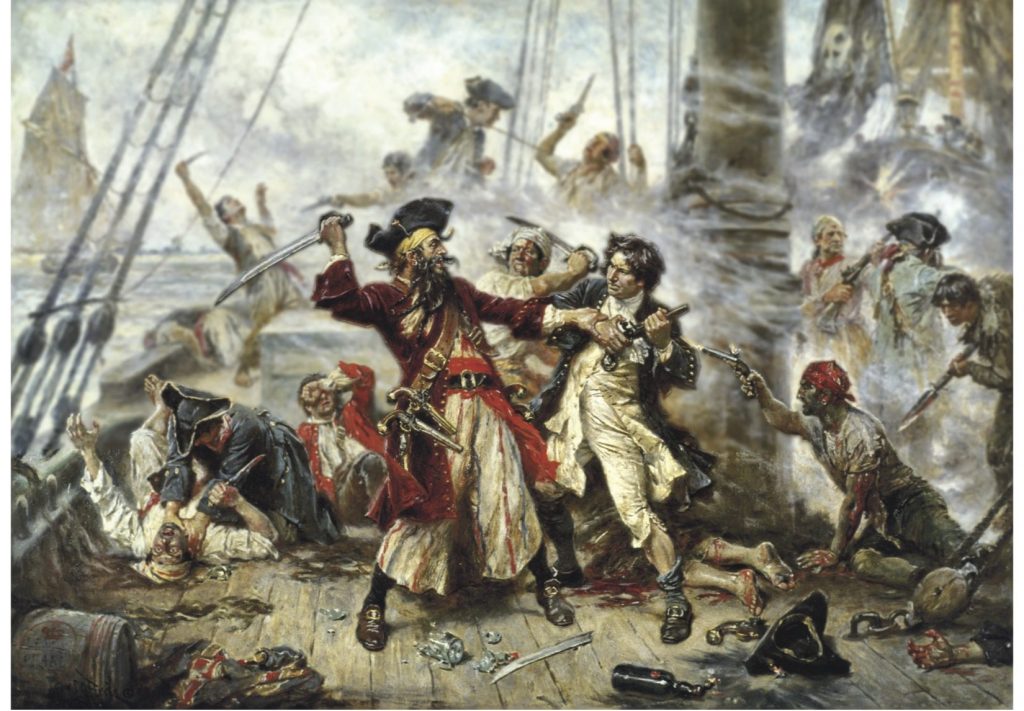
“Battle at Ocracoke,” painting by American artist Jean Leon Gerome Ferris, 1920.
Blackbeard’s Final Battle: Sorting Facts, Fiction
Coastal Review Online
Balloons, plastic bags, recreational fishing line and food wrappers are killing thousands of marine animals as they eat plastic items that later perforate internal organs, or they become entangled and drown.

A sea turtle hatchling swims very close to discarded balloons. Dr. Blair Witherington FLORIDA FISH AND WILDLIFE CONSERVATION COMMISSION
Choked, strangled and drowned. How balloons and plastic bags are killing marine animals
FL Keys News
With holiday lighted boat parades just around the corner, BoatUS reminds us that brightly lighted vessels are for navigating only in a properly sanctioned parade, not for normal night time boating.
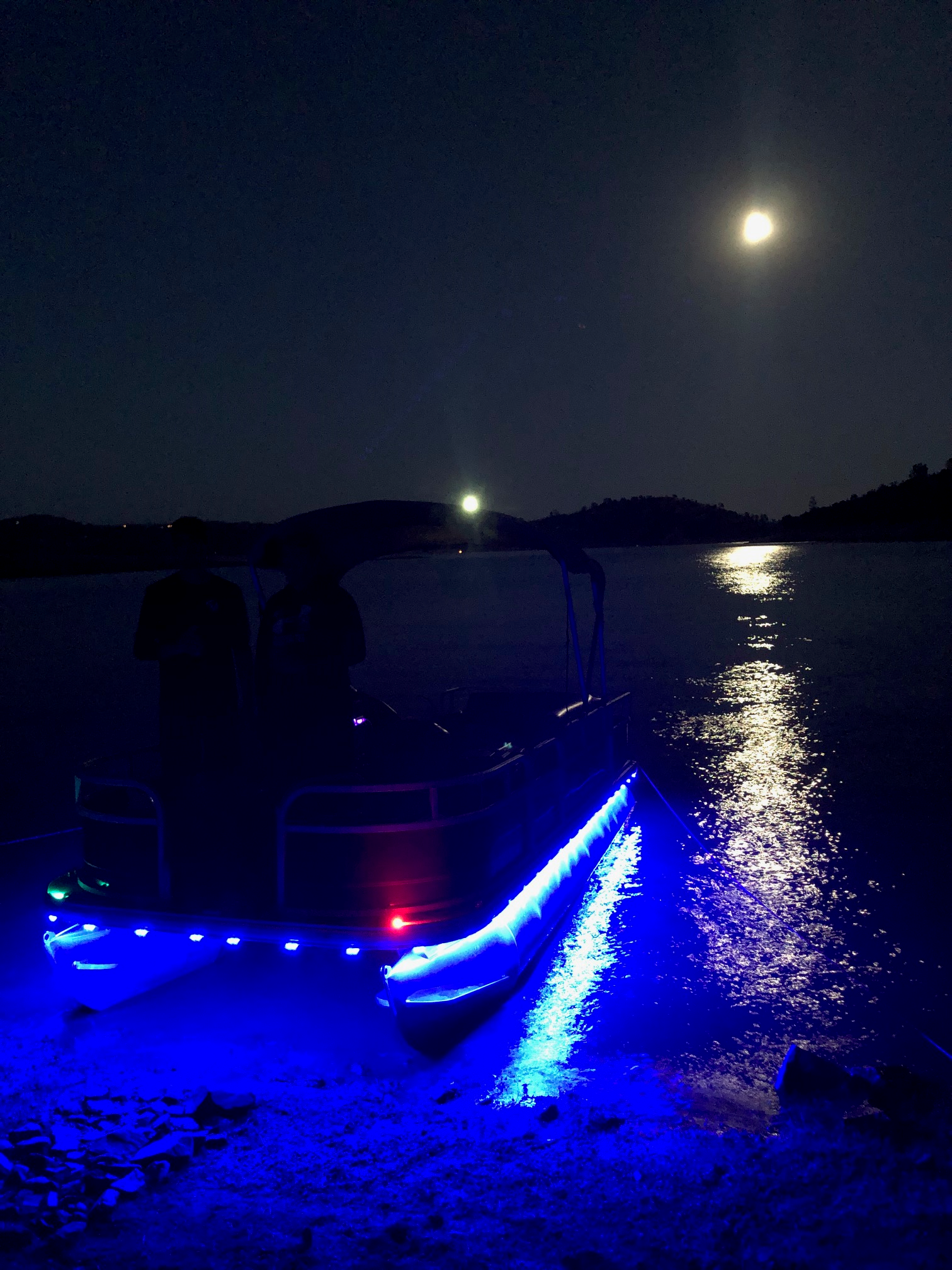
Photo Caption: Decorative lights can present navigation challenges for other boaters. BoatUS offers two installation tips. Credit: Shannon Carrithers
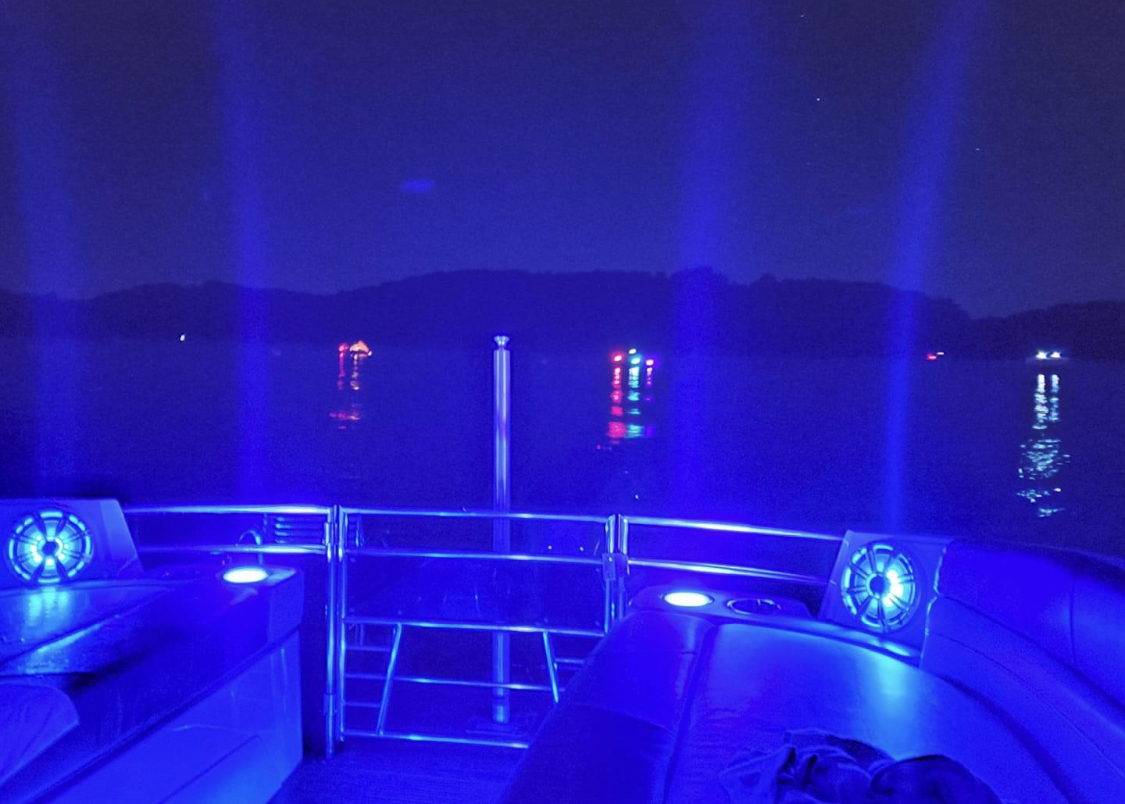
Photo Caption: Decorative lights can negatively affect a boat operator’s night vision. Credit: Rodney Webster
Don’t Make Your Boat Look Like a Christmas Tree
BoatUS advises boaters about unsafe decorative lighting when navigating
SPRINGFIELD, Va., Nov. 18, 2020 – Boaters looking to buy themselves a Christmas gift may be thinking about adding some “bling” to the boat – multicolored decorative LED deck and space lighting. Just don’t light your boat up like a Christmas tree, says the BoatUS Foundation for Boating Safety and Clean Water. Extra lights installed in the wrong place could cause other boaters to misinterpret your boat’s navigation lights and present a safety hazard.
“Today’s decorative lighting options, from ropes to underwater lighting, allow DIYers to personalize their boats,” said BoatUS Foundation for Boating Safety and Clean Water President Chris Edmonston. “The challenge comes when the boat is underway. Decorative lights installed in the wrong location may cause others to misinterpret your vessel’s red, green and white navigation lighting. Bright lights of many colors can also reduce your night vision and hamper your ability to safely navigate.”
The BoatUS Foundation has two tips when shopping for and installing decorative boat lights:
1. When underway, avoid displaying any light that could be confused as a navigation light or another type of vessel. When installing decorative LED lighting, running wiring to a single master switch allows you to easily turn off all nonessential lights before heading out. Remember, flashing blue lights are reserved for law enforcement – at a distance, wave action combined with the steady rocking of high-intensity blue lights below the waterline can give the appearance of a police vessel.
2. Don’t install decorative lights that prevent the operator from maintaining a good lookout. When running between sunset and sunrise, it’s critical that those behind the wheel maintain their night vision, so the number-one goal is to keep light out of the operator’s eyes. Glare from aesthetic lighting such as LED rope lights wrapped around a helm station can hinder night vision.
Topside Marinas, A CRUISERS NET SPONSOR, is a company invested in their team and customers creating lifelong memories, relaxing, enjoying life, and being healthy.

| |||||||||||||||||||||||||||||||||||
Scientists estimate that along the coast of Florida, where degradation is most severe, perhaps as little as 2% of original coral cover remains.
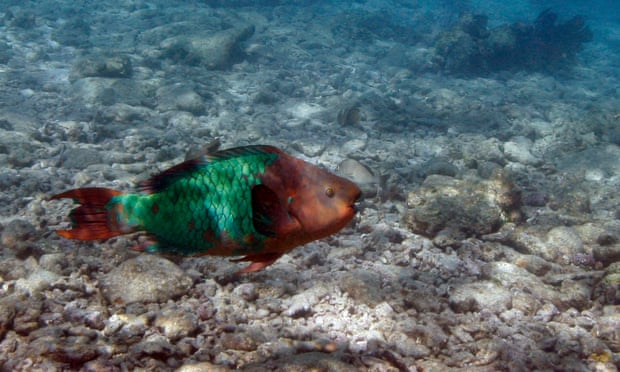
A parrotfish is swims over a dead coral reef in the Florida Keys national marine sanctuary near Key West, Florida. Photograph: Wilfredo Lee/AP
‘Dire outlook’: scientists say Florida reefs have lost nearly 98% of coral
The Guardian
Safety Harbor Marina is in the northwest corner of Old Tampa Bay, north of St. Petersburg and the Howard Franklin Bridge. Our thanks to Larry Pritchett for this alert.
Destroyed ATON G9 Safety Harbor Marina Channel
Day mark G9 in the Safety Harbor Marina Channel was destroyed by Storm ETA. Piling is below the water at high tide.
Be the first to comment!